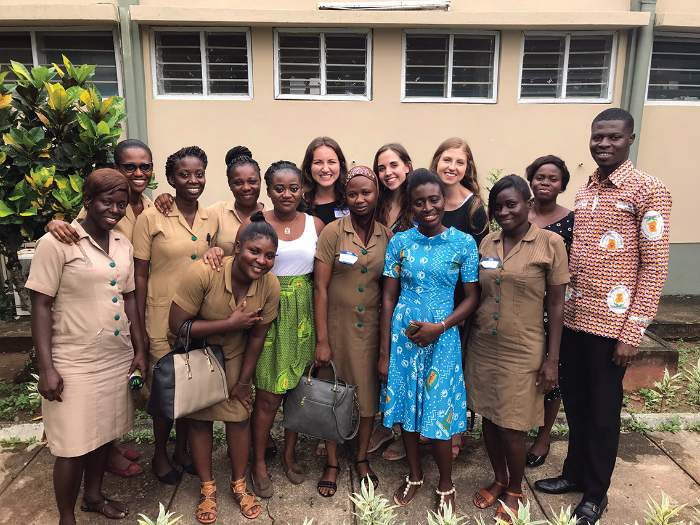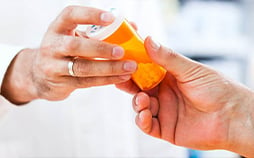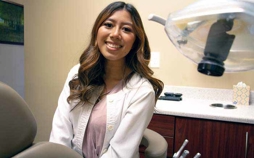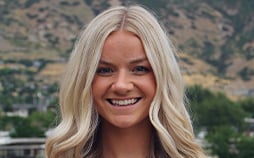Learning Public Health and Public Policy
Before the COVID-19 pandemic dominated public health discussions, BYU public health majors were in Washington, DC, for a conference which focused on a law proposed to address the opioid crisis.
February 2019

As a missionary in Mexico’s Yucatan state, Naomi Rhondeau saw how people struggled with diabetes and gastritis. Every time she asked if she could say a prayer for them, members and investigators alike would ask that she pray for their health.
“I realized how important wellness is, especially in vulnerable and diverse populations,” she says. “When I got back to BYU, I switched my major to public health.”
A friend later introduced Rhondeau to a project at the Ballard Center for Social Innovation that distributed simple technological solutions for maternal health concerns. Rhondeau traveled to Ghana, where she and her team introduced an app that helps small-town medics keep track of pregnant women, especially those with high-risk pregnancies.
“There might be 400 people in a community, but the app helps medics remember to visit them, identify which pregnancies are high risk, and determine who needs to be visited more often,” she says. “We received funding from the Ballard Center.”
When Rhondeau graduates, she hopes to do something similar for Latino populations in South America.

Before the COVID-19 pandemic dominated public health discussions, BYU public health majors were in Washington, DC, for a conference which focused on a law proposed to address the opioid crisis.

After shadowing a dentist who specializes in dental care for low-income families, BYU senior Karen Membreño realized that she wants to be a part of the solution to this public health crisis.

Nursing student Maryn Behling starts BYU Health Science course.